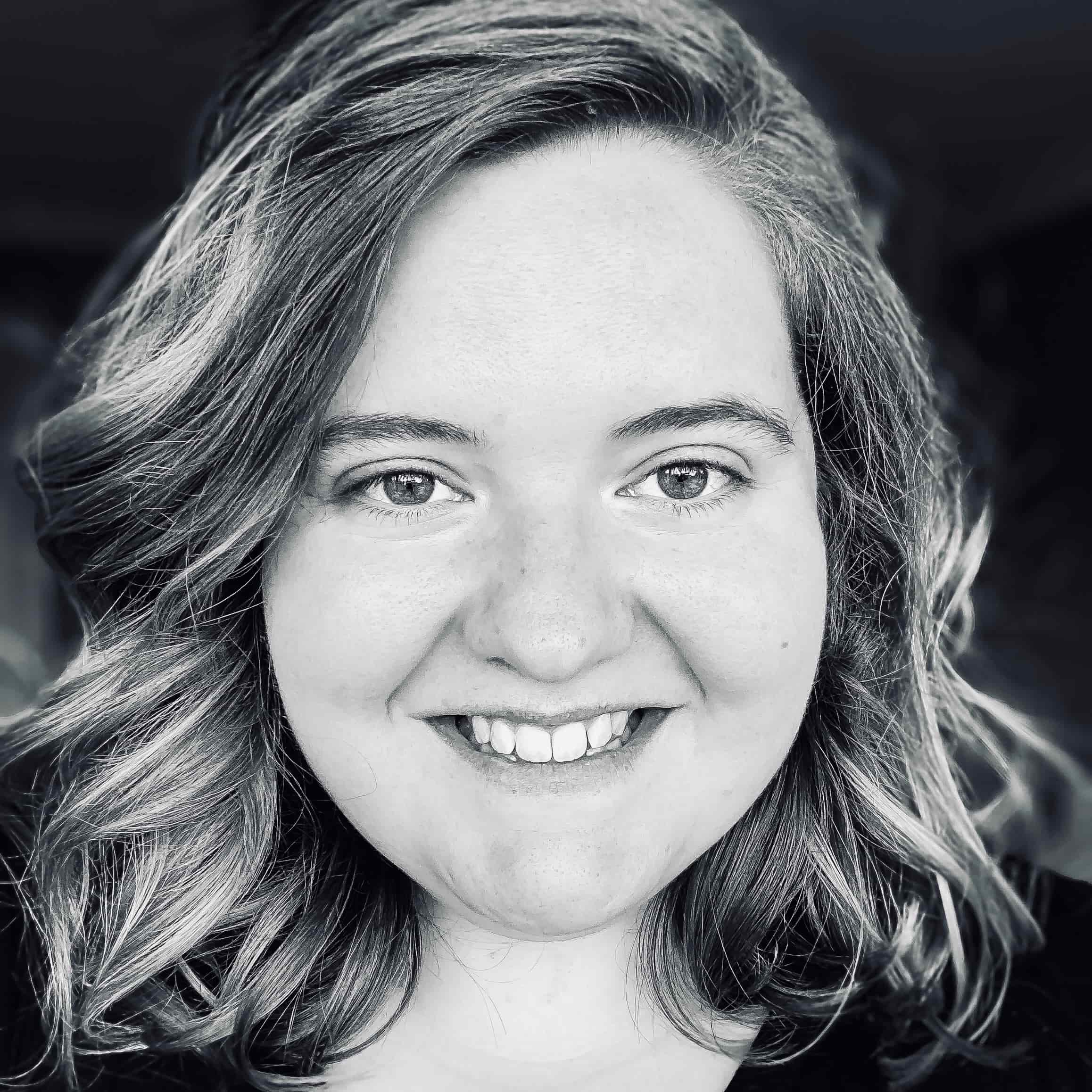How HOT is helping the disaster response in Turkey and Syria
The earthquake that struck parts of Turkey and Syria on 6 February 2023 caused devastating damage and tens of thousands of fatalities. In the immediate aftermath of disaster every second counts. Humanitarian organisations must respond at speed to save lives and meet needs. To do this effectively they need accurate maps and geospatial data. This is where Humanitarian OpenStreetMap Team (HOT) comes in.
HOT specialises in humanitarian action and community development through open mapping. It was selected as an Audacious Project in 2020 due to its bold vision to engage one million volunteers to map high-risk places in 94 countries. The Audacious Project, housed at TED, was brought to life through the collaboration of some of the most respected names in the non-profit world, including Skoll, the Bill & Melinda Gates Foundation, Scott Cook & Signe Ostby and more. Virgin Unite is proud to be one of the partners supporting incredible organisations like The Humanitarian OpenStreetMap Team.
Maps are essential for disaster responders. They show where the major roads, populated areas, and households at risk are, highlight the location of essential services such as hospitals, aid distribution centres and pharmacies, and help responders plan routes to reach affected communities.
The destruction and damage caused by earthquakes often create extreme challenges for navigation. Through HOT's work, communities can rapidly create maps in areas where the data didn’t exist, they can also help to navigate areas where damage to roads and bridges has resulted in previous maps being suddenly inaccurate.
HOT’s strength comes in its ability to mobilise thousands of volunteers – bringing people together online and on the ground to create open data that enables disaster responders to reach communities in need.
On 6 February, HOT’s activation team coordinated with Turkish open mapping community, Yer Çizenler, an NGO that supports the use of free and open geospatial data in humanitarian activities. The areas affected by the earthquake were densely populated, but only partially mapped. Volunteers used pre-disaster imagery to remotely-digitise buildings and roads across a large area of Turkey and Syria, mapping the affected area to support first responders and air organisations.
In just two weeks, 6,948 OpenStreetMap contributors had mapped 1,416,862 buildings and 66,947 kilometres of road. This data was used by aid agencies Search and Rescue Association (AKUT) and Republic of Türkiye Ministry of Interior Disaster and Emergency Management Authority (AFAD) to coordinate and ensure that logistics resources were used efficiently.
“OpenStreetMap data will also be used for long-term recovery efforts, such as rebuilding infrastructure and housing and improving disaster preparedness,” a spokesperson for HOT said. “The availability of detailed, up-to-date map data is an important resource in all stages of the disaster recovery process.
“It is important to remember that behind each data point, there is a tremendous human effort from volunteers and organisations. Every single object that has been mapped so far, has had human eyes creating, modifying, or validating it.”
The uniqueness and up-to-date nature of HOT’s data means that its useful for a wide range of organisations. The International Federation of the Red Cross/Red Crescent (IFRC) needed building-level vector data for post-disaster damage assessments. With a combination of government data, pre-disaster OSM building footprints, and HOT data, IFRC performed a geospatial analysis to help plan its aid relief and recovery efforts by pinpointing the exact location of each destroyed building.
HOT’s data is the result of an incredible human effort by thousands of OpenStreetMap contributors in Turkey and Syria, and around the world.
Visit Humanitarian OpenStreetMap Team to find out more.





